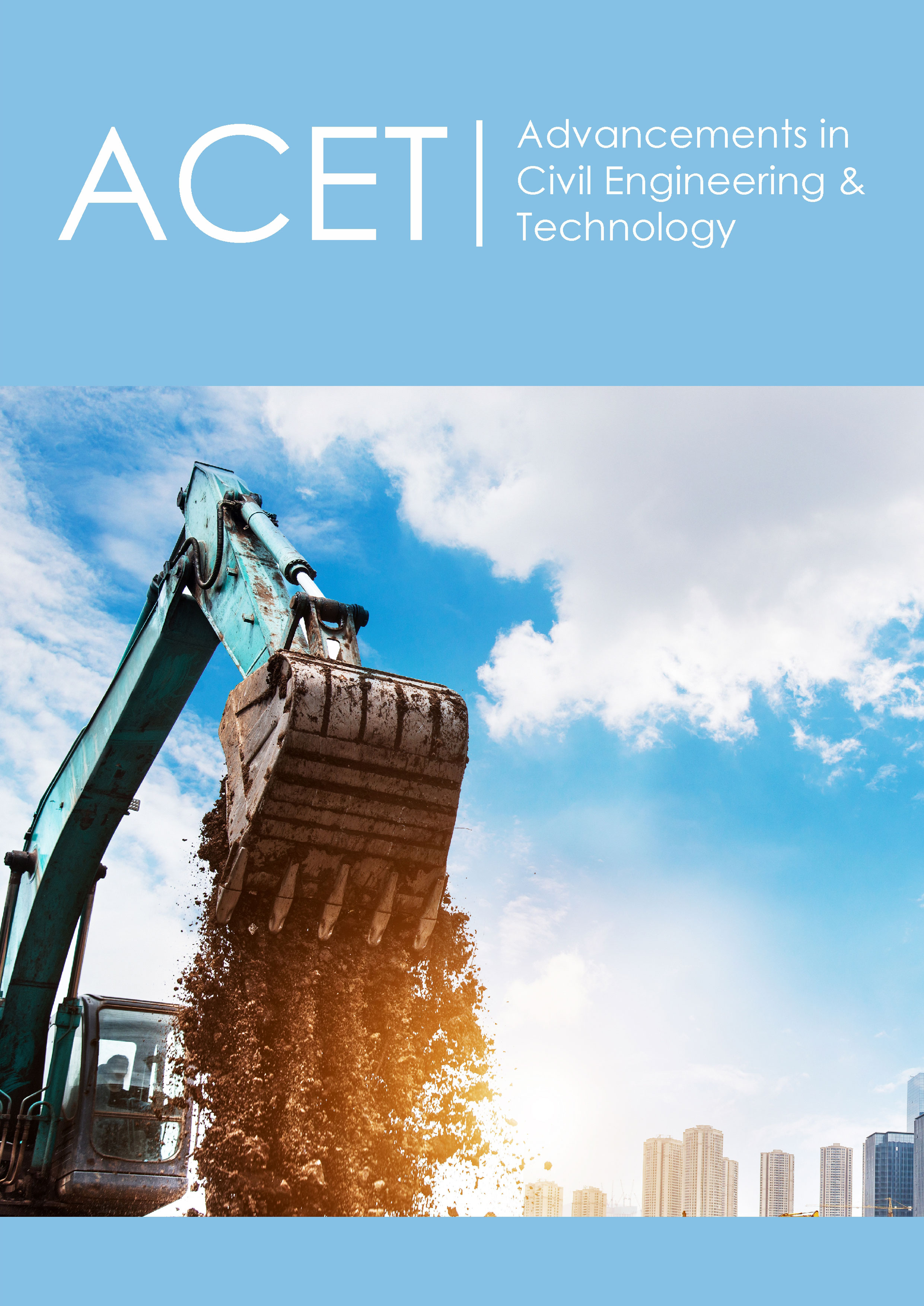- Submissions

Abstract
Advancements in Civil Engineering & Technology
Properties of Light Weight Concrete Produced with Calcium Carbide Waste (CCW) and Palm Kernel Shells (PKS) as Partial Replacements for Cement and Coarse Aggregates
-
Open or CloseDaniel Amoh1, Humphrey Danso2* and Elijah Kusi1
1Department of Construction Technology and Management Education, Akenten Appiah- Menka University of Skills Training and Entrepreneurial Development, Ghana
2Department of Civil Engineering, Akenten Appiah-Menka University of Skills Training and Entrepreneurial Development, Ghana
*Corresponding author:Humphrey Danso, Department of Civil Engineering, Akenten Appiah-Menka University of Skills Training and Entrepreneurial Development, Kumasi, Ghana
Submission: March 17, 2025;Published: August 20, 2025

ISSN : 2639-0574Volume7 Issue 1
Abstract
The residue, calcium carbide waste (CCW), is mostly disposed of carelessly as waste in the environment that sooner pollutes the soil. To reduce environmental pollution, attempts have been made to utilize CCW sustainably, especially for building material applications. Currently, the construction industry is searching for alternate materials and products that are environmentally friendly to contribute towards the reduction of Carbon dioxide (CO2) emissions into the atmosphere. This study investigates the properties of concrete produced with CCW and palm kernel shells (PKS) as partial replacements for cement and coarse aggregates, respectively. CCW was substituted at 0, 5, 10, 15 and 20%, while PKS was kept constant at 5%. Concrete cubes (100 × 100 × 100 mm) and cylinders (200mm × 100mm) were prepared, totalling 150 specimens, and cured for 7, 14, 21 and 28 days. The findings revealed that the specimens with a 5% replacement of CCW and 5% PKS recorded the optimum results compared to 10, 15 and 20% CCW replacement levels. The compressive strength of the control was 16.49 N/mm2 as compared to the 5% CCW replacement which was 19.03N/mm2, representing a 15.4% improvement. The tensile strength of the control specimen was 1.74N/mm2, compared to 5% CCW replacement which was 1.93N/mm2, representing 10.9% improvement. Density and water absorption were 1844.87kg/m3 and 1.56% for control compared to 1759.74Kg/m3 and 1.82% for 5% CCW replacement. The abrasion results obtained were 1.05% and 0.89% for control and 5% CCW replacement, respectively. The study concludes that the use of CCW and PKS as partially replacing cement and coarse aggregates respectively enhances the properties of concrete and is suitable for lightweight concrete structural works. Further studies are recommended on the thermal properties of concrete produced with CCW and PKS. The use of CCW and PKS in concrete promotes sustainable construction by addressing waste management issues and reducing environmental pollution.
Keywords:Abrasion; Calcium carbide waste; Compressive strength; Density; Palm kernel shells; Sustainable construction; Tensile strength; Water absorption
 a Creative Commons Attribution 4.0 International License. Based on a work at www.crimsonpublishers.com.
Best viewed in
a Creative Commons Attribution 4.0 International License. Based on a work at www.crimsonpublishers.com.
Best viewed in 







.jpg)






























 Editorial Board Registrations
Editorial Board Registrations Submit your Article
Submit your Article Refer a Friend
Refer a Friend Advertise With Us
Advertise With Us
.jpg)






.jpg)














.bmp)
.jpg)
.png)
.jpg)










.jpg)






.png)

.png)



.png)






